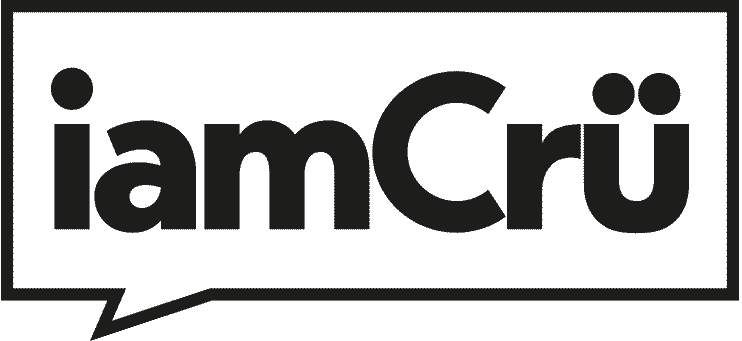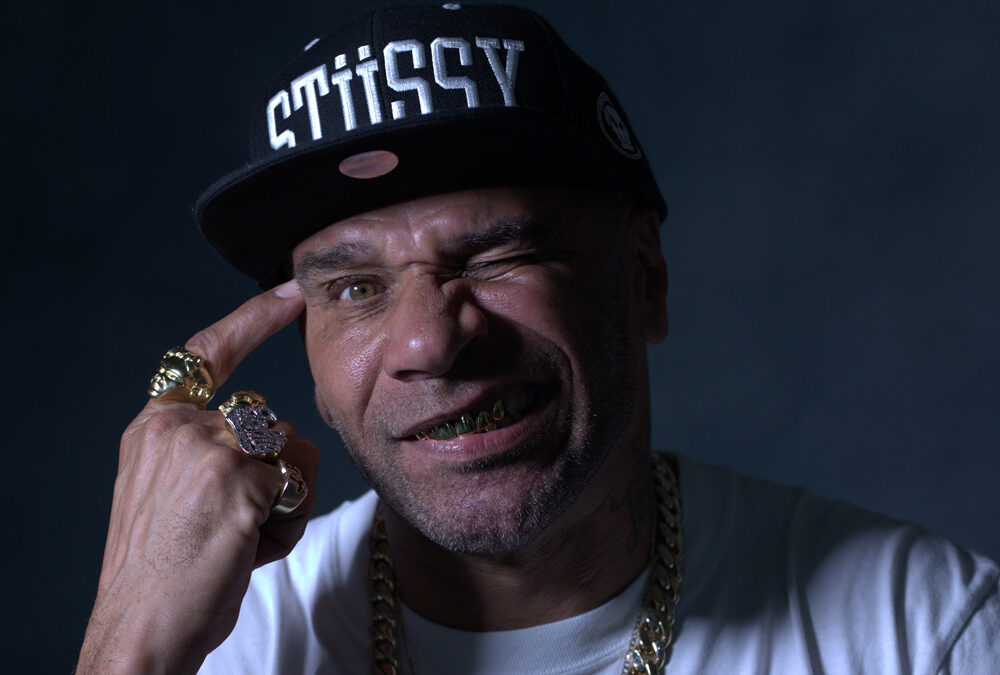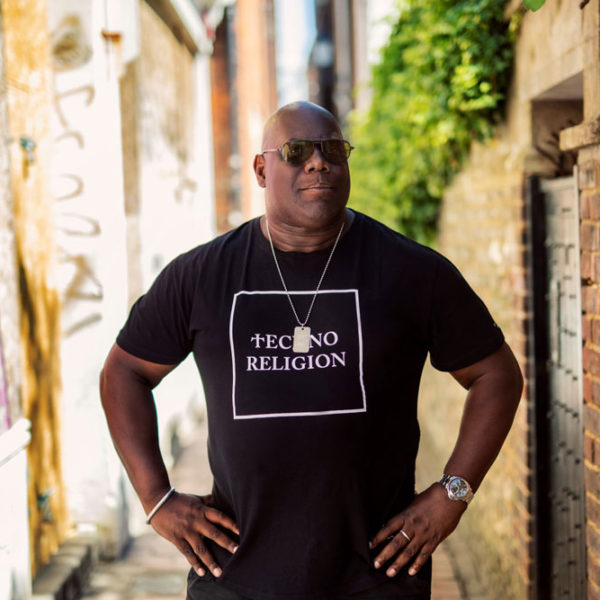The UK Government is being urged to classify GHB and GBL as dangerous as heroin, cocaine, Ecstasy and LSD. A new petition lodged with the government calls for the psychoactive substances to be categorized as ‘Class A’ drugs – just months after they were reclassified from ‘Class C’ to ‘Class B’.
The petition claims: “These drugs are associated with more deaths than ecstasy, GHB & GBL have been used in horrific crimes such as sexual assessment, rape and burglary, and these drugs are addictive.”
Citing GHB and GBL use as “extremely common”, the petition adds that “many young people take these drugs as they are easier to obtain than other higher class drugs. This has led to too many deaths and hospitalisations, and long-term harm to users.”
Effects
GHB, GBL and 1.4-BD are collectively known as GHBRS. All three have similar psychoactive effects. Following a recommendation from the UK’s Advisory Council on the Misuse of Drugs (ACMD), GHBRS were moved from ‘Class C’ to ‘Class B’ drugs in April this year.
Recognizing that GHB is “used recreationally as a club drug”, a 2020 ACMD report states: “The effects of GHB are similar to alcohol in that they can both cause euphoric effects in small doses and sedative effects in larger doses. However… there is a narrow margin between a dose that results in desired effects, and a dose that results in adverse effects.”
The report continues: “Physical dependence on GHBRS develops quickly (over a few weeks to months depending on frequency of use).” It also points to “a marked increase in deaths between 2008 and 2018, and recommends: “Testing for GHBRS should be routinely undertaken in all cases of unexplained sudden death.”
Deadly
Health institute Nemours echoes the petition’s claim, stating: “Like Ecstasy, GHB is popular with club-goers and those who go to ‘rave’ parties, including teens and young adults. Because of its serious effects, GHB has led to emergency medical care for many young people and has killed more users than the drug Ecstasy.”
British citizens around the world are invited to sign the petition. At 10,000 signatures, the UK Government will respond and 100,000 signatures are needed for the petition to be debated in Parliament.











